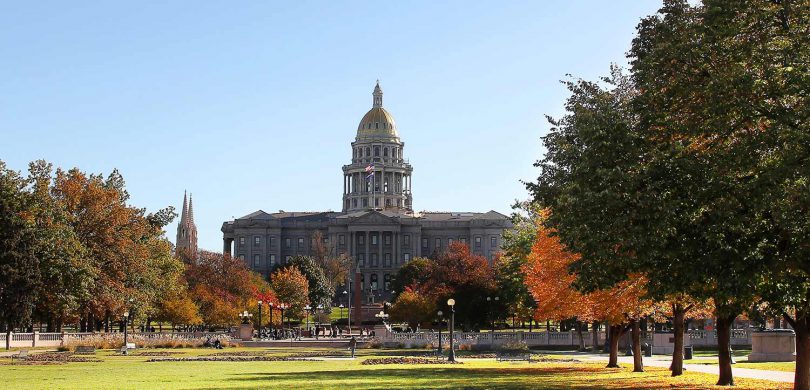By Kent Singer, CREA Executive Director
The Colorado General Assembly meets each year for 120 days with the legislative session convening in early January and adjourning in early May. As I write this column on March 12, the 60th day of the Second Regular Session of the Seventy-third General Assembly, the legislature is at exactly the halfway point of the 2022 legislative session.
As the trade association for Colorado’s electric cooperatives, CREA monitors the activities of the Colorado legislature closely. And by “activities,” I’m referring to the bills that are introduced and considered that could impact the business operations of the state’s electric co-ops.
So, how are Colorado’s electric co-ops faring so far in the 2022 legislative session? I’ll answer that question by providing an update on some of the bills we have been working on this year.
First, CREA initiated legislation this session that deals with the subject of “microgrids.” Microgrids are a subset of the larger electric grid that can be operated independently of or in conjunction with the grid. Typically, microgrids are comprised of small power resources that support a group of specific interconnected electric loads. Microgrids are engineered to enable “islanded” electric service, that is, to work separately from while still being connected to, the traditional electric grid.
Our bill, H.B. 22-1013, establishes a grant program in the Colorado Department of Local Affairs that would provide funding opportunities for electric co-ops and municipal utilities that want to set up microgrids in their communities. The microgrids could only be deployed to provide service to “community anchor institutions,” which are defined in the bill as schools, libraries, law enforcement facilities, government offices and other critical community service facilities.
The bill has bipartisan support in both the Colorado House of Representatives and the Colorado Senate. The bill was heard in the House Energy & Environment Committee on February 3 and passed nearly unanimously (11-1). It is awaiting action in the House Appropriations Committee. We’re hopeful that the bill will be funded and eventually be passed by the legislature and signed into law by Gov. Jared Polis.
There are several other bills that have been introduced this session that could impact electric cooperatives. As introduced, S.B. 22-090 requires all electric and gas utilities to notify customers whenever a severe weather event is forecasted that could result in increased prices for gas or electric service.
You may recall, that in February of 2021, extremely cold weather resulted in widespread outages in Texas. That same weather system caused a spike in natural gas prices in Colorado, and some utilities passed on significant rate increases to their consumers. S.B. 22-090 appears intended to require utilities to notify customers in similar circumstances going forward so that customers can conserve energy and avoid big rate increases. We have concerns about how that would work in practice, and we’re working with the sponsor of the bill on amendments that would address those concerns.
Another bill pending at the legislature is H.B. 22-1104, a bill that encourages local governments to work with electric transmission providers to develop recreational trails known as “powerline trails” in electric transmission corridors. The term “transmission corridor” is defined to include easements for transmission lines of 69,000 volts or more.
While we don’t object to the primary objective of the bill, we asked the sponsor of the bill to exempt distribution co-ops from its application since most of them don’t maintain transmission facilities. This is an example of CREA working with a bill sponsor to fix what we perceived was a problem without interfering with the passage of the bill.
We have also been following S.B. 22-110, a bill that would require owners or operators of wind turbines to install aircraft detection lighting systems.
Currently, the Federal Aviation Administration requires that wind turbines of a certain height have red warning lights that blink simultaneously to warn aircraft. To lessen the visual impacts of the flashing lights, the FAA allows wind turbine operators to install lights that come on only when aircraft come close to the turbines. Since many of Colorado’s wind farms are in co-op territory in eastern Colorado, we support measures to decrease the impact of turbines on rural communities.
So, speaking of wind turbines and aircraft, we’re hoping the wind will be at our back as we approach the glide path to the conclusion of the 2022 legislative session.
Kent Singer is the executive director of CREA and offers a statewide perspective on issues affecting electric cooperatives. CREA is the trade association for your electric co-op, the 21 other electric co-ops in Colorado and its power supply co-op.

